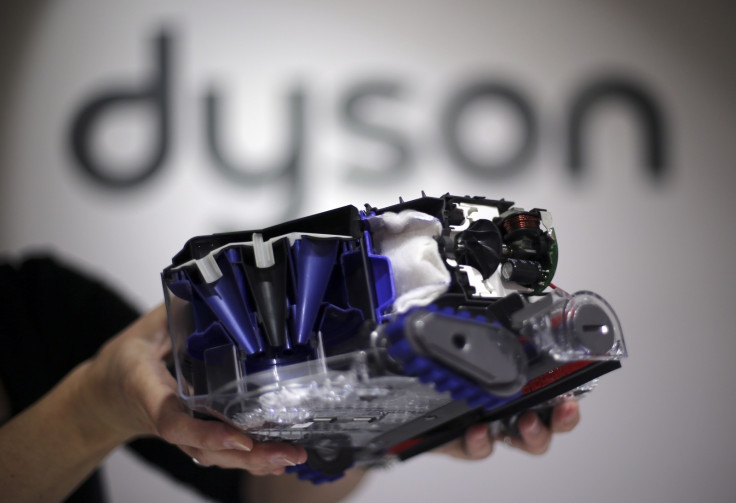Is Dyson about to take on Tesla in an electric car war?
British household tech giant reportedly ready to unveil its all-electric automotive ambitions.

Dyson is ready to start the ball rolling on its long-term automotive ambitions by announcing plans to design and build electric cars to rival Elon Musk's leading electric car and battery company, Tesla.
The British tech giant, founded by inventor Sir James Dyson, is known for its radical engineering approach to everyday tech - mostly notably with its cyclone vacuums and 'bladeless' hand dryers.
Recently however, evidence has started growing that the company is crafting a car of its own or is considering selling Dyson-made batteries to car makers.
While still at an early stage, Dyson has been working on the project at its new 517-acre Wiltshire campus and is on the cusp of an official announcement, reports the Daily Mail.
"We have historically recruited from a wide range of backgrounds as we are a broad church and are developing a multitude of technologies," said a Dyson spokesperson. "We plan to recruit an extra 3,000 engineers and scientists by 2020 and are working with more than 40 universities globally."
It is believed that Dyson is heavily investing in artificial intelligence, robotics and battery research at its new campus based in Hullavington, Wiltshire, located near to its Malmesbury headquarters. The company has allegedly been poaching experts from Silicon Valley to help progress its self-driving and all-electric ambitions.
On the personnel front, eyebrows were raised when Dyson hired Ian Minards last year. Minards was Aston Martin's former product development director and the engineer which led the development team for the Vanquish V12. Former Aston Martin director of purchasing David Wyer was also recruited in August.
Reports have also claimed that an ex-Tesla designer has jumped ship to Dyson, while others have pointed to the presence of non-executive director Dr Ian Robertson as a key piece of the puzzle. Robertson is German car-maker BMW's current global director of sales and marketing, and has been attributed to the motoring company's electric and autonomous car projects.
'Who knows?'
Speaking to BBC Radio 4 earlier this month, Dyson himself was asked whether the hires signal a shift in focus towards a 'Dyson Car'.
"...We hire quite a few people," Dyson said. "We do that all the time. We increase our engineering workforce by about 30% every year." When asked whether the company's next generation of engineering students will be involved in electric car or battery development, Dyson simply responded: "Who knows? Who knows?"
While rumours of a Dyson car have swirled for years, the biggest piece of evidence came in early 2016 when a National Infrastructure Delivery Plan claimed that the UK government was funding the development of a "new battery electric vehicle", however the associated document was later amended to remove all references to electric vehicles.
What is for certain is that Dyson is definitely working on solid state battery technology in some form. The firm's acquisition of Sakti3, a battery company spun out of the University of Michigan, in 2015 brought with it a number of electric vehicle-related patents.
One of the original patents licensed by Sakti3 referred to a "solid-state rechargeable battery and a vehicle propulsion system powered by the battery." Dyson clarified in April this year that the patents have since become obsolete and have been superseded by battery innovations with "better technology".
© Copyright IBTimes 2024. All rights reserved.






